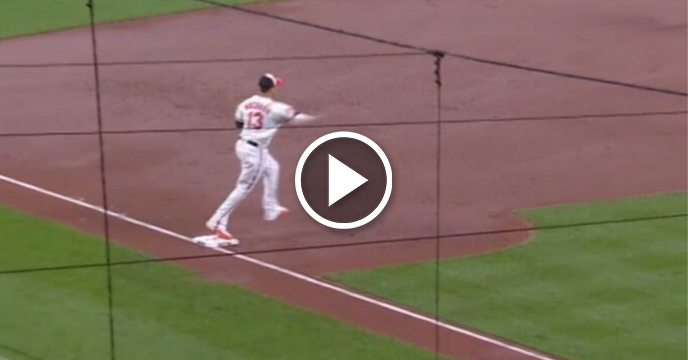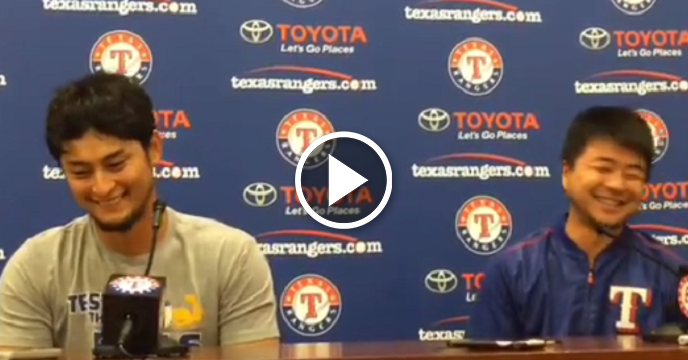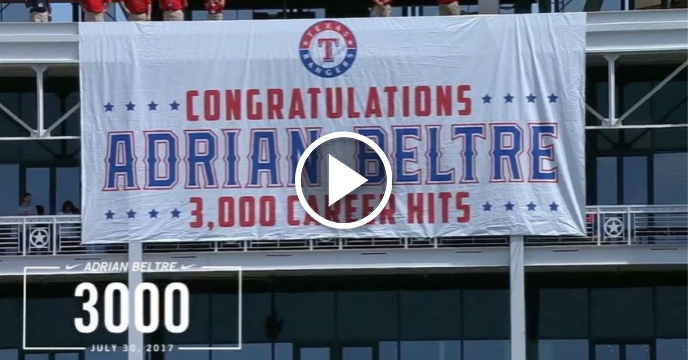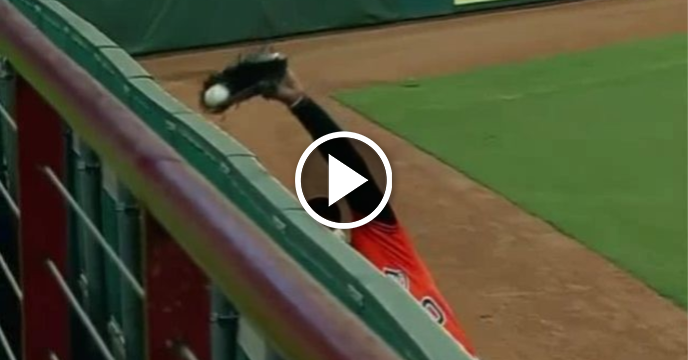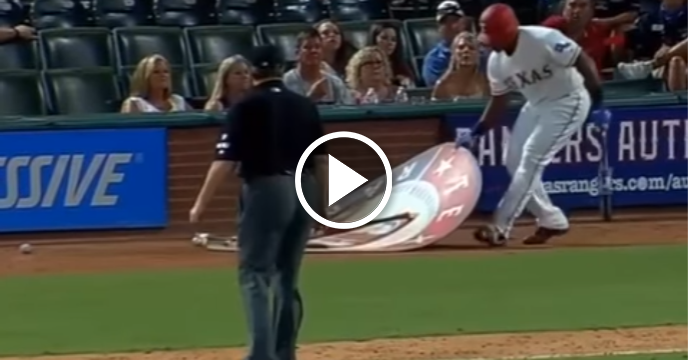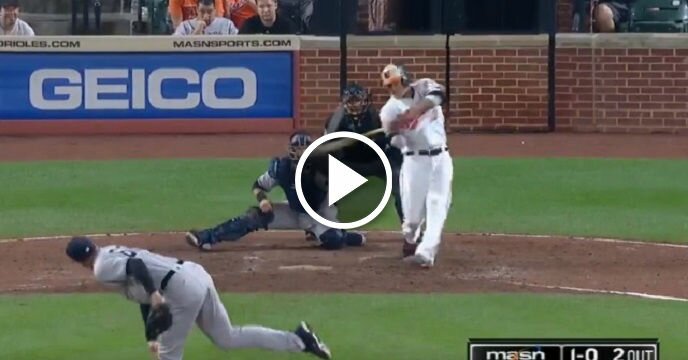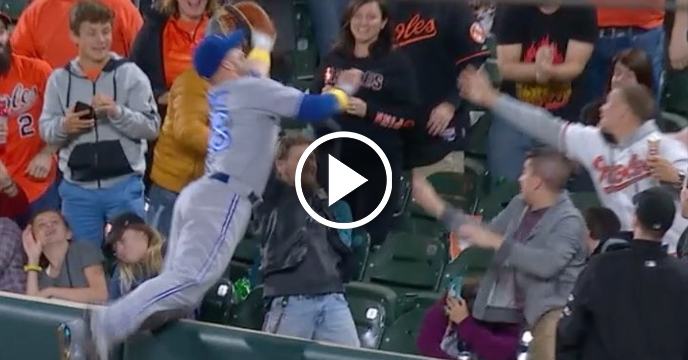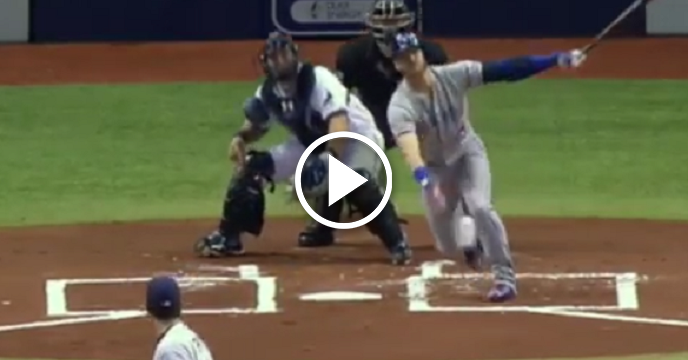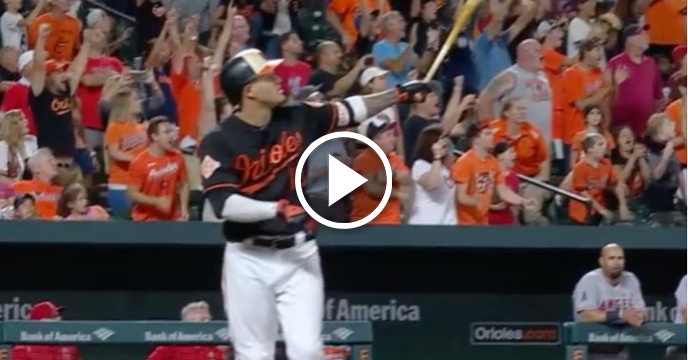
Numb, I suppose, is the word I would use to describe it. I think that is the feeling that I am left with after the Texas Rangers lost the American League Wild Card game to the Baltimore Orioles, 5-1.
They were the best team in the American League for the majority of the season. Their start in April was historic, and built a cushion that they rode the rest of the season. The Rangers were a veteran club, and they gave the appearance of treating their season like veterans should. All they were worried about was playing one game at a time, never getting too high or too low, just like what we believe good baseball teams should do. I still think that is what good baseball teams should do.
But as the season wore on, and the team’s play began to slip a little from that April level of play, it was rationalized and dismissed. The focus was always on October, and on gearing up to play the team’s best ball in the postseason. Any slump, or even issues that needed to be corrected, were dismissed by drawing on the team’s prior experience, and essentially pointing out that nothing could be worse than losing the 2011 World Series the way that they did, one strike away twice.
Then the losses really started piling up at the end of the season. Even as October loomed large in the headlights, slumps and issues with approach lingered and weren’t corrected. Injuries were to blame, too, but even those who were healthy were struggling. As the division lead that seemed so impossible to lose slowly faded away and vanished altogether, the time to play their best baseball came. This was the moment that they had been talking about and preparing for all season long. It was time for this veteran club to kick it into that extra gear, knowing what it would take to reach baseball’s grandest stage for a third straight year.
The kick never came. When it was that time for a spark or a sense of urgency and purpose, the Rangers had nothing left with which to ignite it. In the span of a week they went from the best team in the American League to all of a sudden being the team that was stumbling to the finish line with their season on life support. They knew they needed to turn it around and jump start themselves before the postseason began, but there wasn’t any gas left in the tank.
As disappointing as it is for the fans, I think it was even more surprising for the players. It was as if they felt they had a secret weapon in their back pocket all along, and just when they needed it in battle, they turned and reached to grab it and put it to use, but instead they grasped only air. All of a sudden they, the mighty champion, were exposed. Their weaknesses were exploited, and they couldn’t adapt fast enough to this new environment.
The loss to the Orioles put the Rangers weaknesses on full display. While one of the Rangers biggest issues in their stumble to the finish was timely hitting, the Orioles went 3-for-5 with runners in scoring position on Friday. The Rangers, on the other hand, managed to go just 1-for-7, and that one hit did not even score their lone run. The Rangers got a fantastic start out of Yu Darvish, while the Orioles got a serviceable start from Joe Saunders. The difference was that the Orioles offense capitalized on almost every chance they had, while the Rangers squandered their opportunities.
The Rangers didn’t believe they were going to lose this game, or have their season end at 163 games. It’s a surprise to them, and it’s a surprise to their fan base as well. But maybe it shouldn’t have been a surprise. The team had been in a collective funk for some time, with only two or three bright spots at a time. The Rangers have developed a certain brand of baseball over the last several years under the guidance of manager Ron Washington, and they simply had not played that brand in a while. At the plate, hitters regressed back to seemingly looking to only hit the ball out of the ballpark, instead of building offense sequentially and as a unit. On the mound, pitchers were either tired, or more simply failed to execute a game plan. Defensively, there were more mental errors than physical ones in the last month of the season, and those are the ones a veteran club should be able to avoid. Instead, it was the inexperienced Orioles that played a better brand of “Rangers” baseball on Friday night, and they reaped the rewards.
There will be plenty of time in the days and weeks and months to debate who is to blame, who will be the scapegoat, who will be brought back or re-signed or traded for or brought in and who will be cut. There does need to be change, and there will be. No team that fell short of its ultimate goal can remain the same and expect to compete in the following season.
A cap must be tipped to the Rangers, for they have had three very successful seasons from 2010 to 2012, regardless of the ultimate disappointment that they each ended in. This was the best three years in franchise history, and there is still a future in place. It won’t look the same as the past, or the present, but one day soon there will be hope again in Texas, even if we are too numb to feel it now.
Join in the conversation with Peter on Twitter by following him @FutureGM
 Share
Share 


